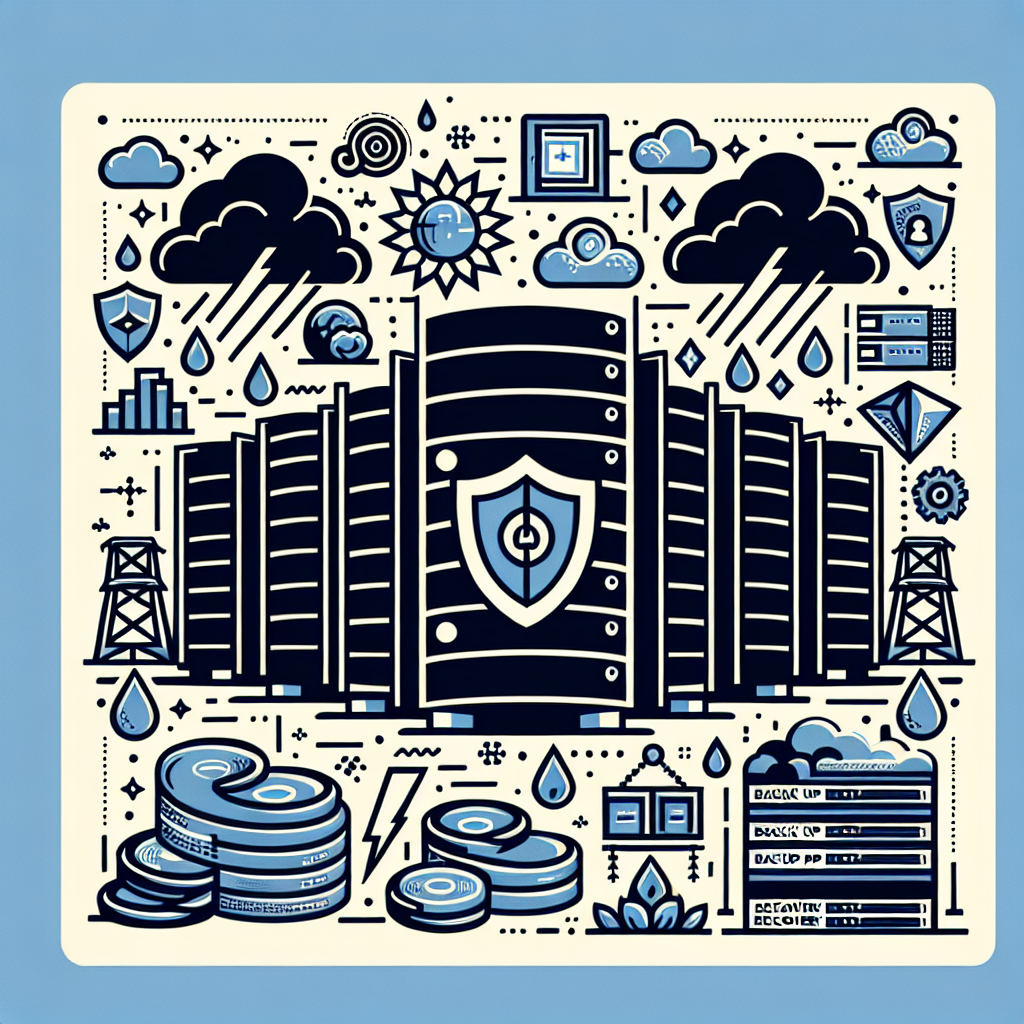In today’s digital age, data is the lifeblood of businesses. It contains crucial information about customers, transactions, and operations that are essential for the smooth functioning of an organization. However, with the increasing frequency of cyberattacks, natural disasters, and human errors, data loss has become a significant concern for businesses. This is where backup and recovery play a crucial role in data center disaster preparedness.
Backup and recovery are essential components of a comprehensive disaster recovery plan. Backup refers to the process of creating copies of data to ensure its availability in case of data loss. These backups are stored in secure locations, either on-site or off-site, to protect against loss due to hardware failures, theft, or other disasters. Recovery, on the other hand, involves restoring data from these backups in the event of a disaster.
The role of backup and recovery in data center disaster preparedness cannot be overstated. Here are a few reasons why they are crucial for ensuring business continuity:
1. Minimizing Downtime: In the event of a disaster, every minute of downtime can result in revenue loss and damage to the organization’s reputation. Backup and recovery solutions help minimize downtime by quickly restoring data and getting systems back up and running.
2. Protecting Data Integrity: Data is not only valuable but also sensitive. Loss or corruption of data can have severe consequences, including legal implications and loss of customer trust. Backup and recovery solutions help protect the integrity of data by ensuring that it is available and accurate.
3. Ensuring Compliance: Many industries have strict regulations regarding data protection and retention. Backup and recovery solutions help organizations comply with these regulations by securely storing and managing data backups.
4. Reducing Costs: The cost of data loss can be substantial, including lost revenue, customer dissatisfaction, and potential legal fees. Backup and recovery solutions can help reduce these costs by minimizing data loss and downtime.
5. Peace of Mind: Knowing that data is protected and recoverable in the event of a disaster provides peace of mind to organizations and their stakeholders. This confidence can help businesses focus on their core operations without worrying about the potential consequences of data loss.
In conclusion, backup and recovery play a crucial role in data center disaster preparedness by ensuring that data is protected, available, and recoverable in the event of a disaster. Investing in robust backup and recovery solutions is essential for businesses looking to mitigate the risks associated with data loss and ensure business continuity in the face of unforeseen events.


Leave a Reply